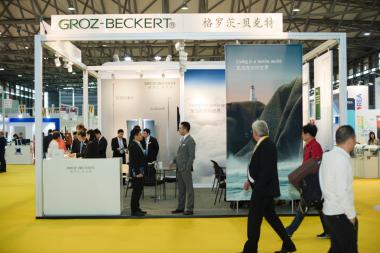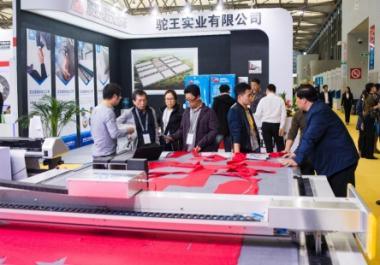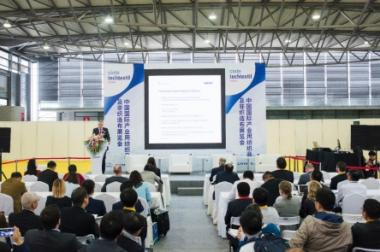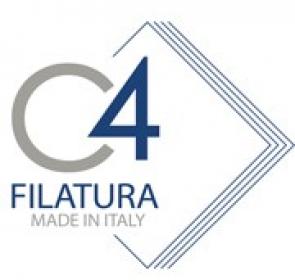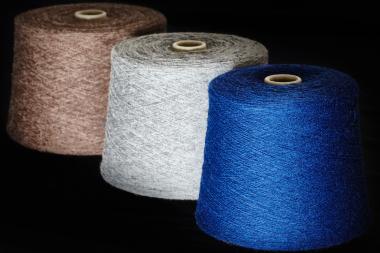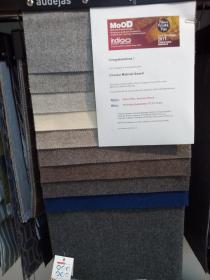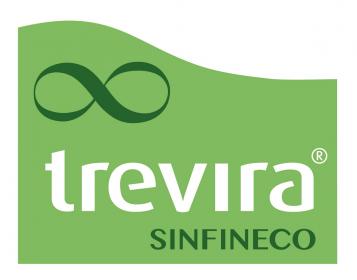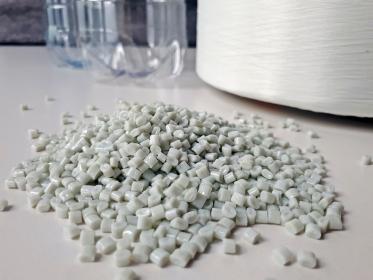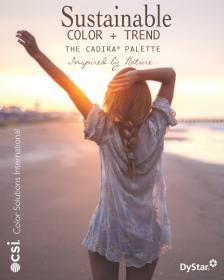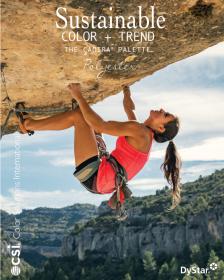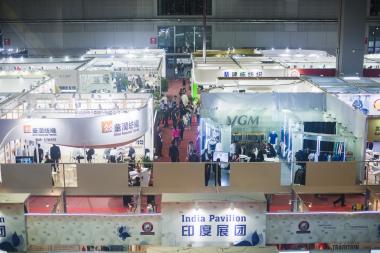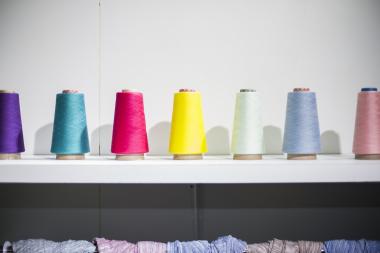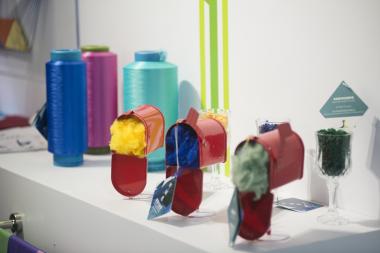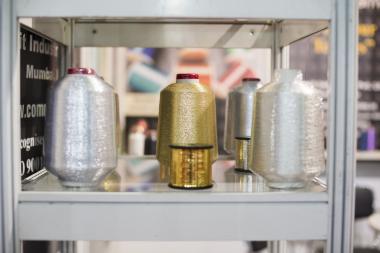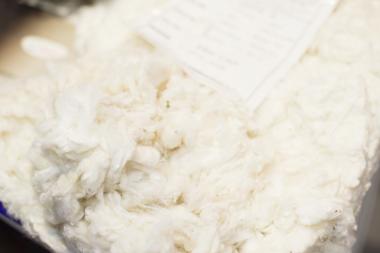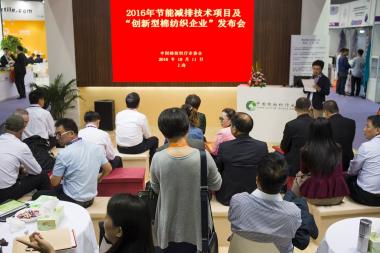New date for Cinte Techtextil China 2018 as exhibitor registration opens
Exhibitor registration is open for Cinte Techtextil China, which will take place with an earlier date of 4 – 6 September this year. Asia’s largest biennial event for the entire technical textiles and nonwovens sector, the fair is held in a region that not only continues to grow strongly but is expected to do so for the foreseeable future, not least due to major government initiatives in China that are injecting billions of dollars of investment into the industry.
“It is due to the increasing opportunities in the Asian market that we are expecting more European exhibitors to feature at Cinte Techtextil China this year,” Ms Wendy Wen, Senior General Manager of Messe Frankfurt (HK) Ltd outlined. “As the fair attracts a diverse range of trade buyers, including from 12 different application areas such as Buildtech, Clothtech, Geotech, Medtech, Mobiltech and Protech, it is a unique opportunity within Asia for suppliers to meet with the entire industry and maximise the potential of their products across various end-uses and sectors.” While many new European companies are expected this year, some of the returning big brands already confirmed include Trützschler, Dilo and Barnet from Germany, Andritz from France, Stahl from the Netherlands, Itema from Italy and Picanol from Belgium.
Chinese and Asian technical textiles and nonwovens markets continue their upward trajectory
When it comes to technical textiles and nonwovens, the Asian region, and China in particular, is displaying impressive growth, which will remain the case in the coming years.
China overall
- The total output of technical textiles and nonwoven products is estimated to reach over 22 million tons in 2020, accounting for 30% of global production, and double that of 2013.
- In 2016, China’s technical textile exports were worth USD 23.61 billion. Nine major products surpassed USD 1.5 billion worth of exports each: medical & hygiene textiles, coated textiles, nonwovens, canvas & tarp textiles, ropes, synthetic leather substrates and package textiles.
- Growth will be seen especially in the following sectors in the coming five years
Filtration & separation textiles
Medical & hygiene textiles
Geotechnical textil
Structural reinforcement textiles
Transportation textiles
Protective textiles
Nonwovens
- China accounted for 10.5% of global nonwovens imports in 2015.
- China alone will account for around 57% of the Asian consumption of nonwovens from 2016 to 2020.
- According to the China Nonwovens & Industrial Textiles Association (CNITA), the following nonwoven sectors will experience the highest growth in this period:
Environmental protection
Medical, healthcare and elderly care
Emergency services and public security
New-energy automotive
‘Belt and Road’ supporting industries
Man-made fibres
- China currently accounts for 65% of world market share of man-made fibres, with demand in the wider Asian region expected to remain strong in coming years thanks to growing populations and rising living standards in China and emerging Asian countries.
- The driving force is not only clothing, but also new applications such as the filtration, construction, protection and transportation industries.


